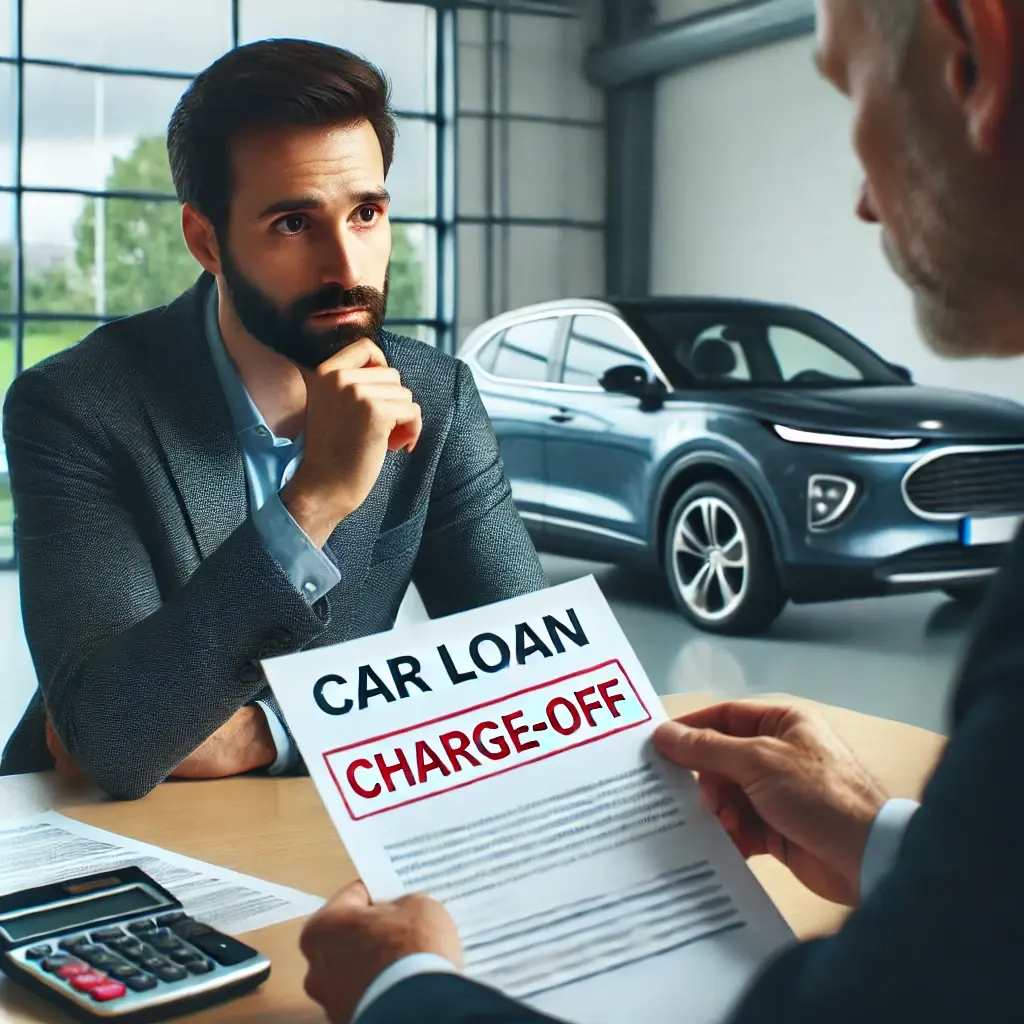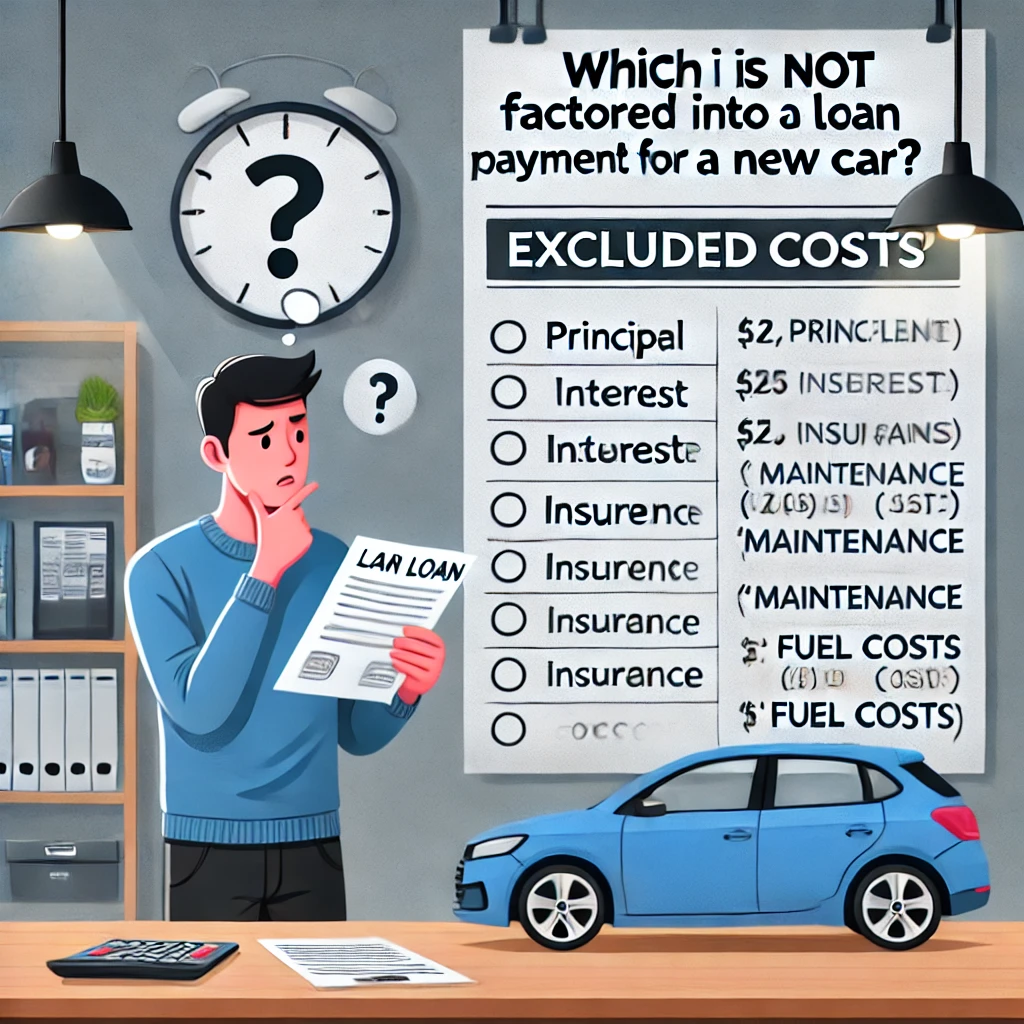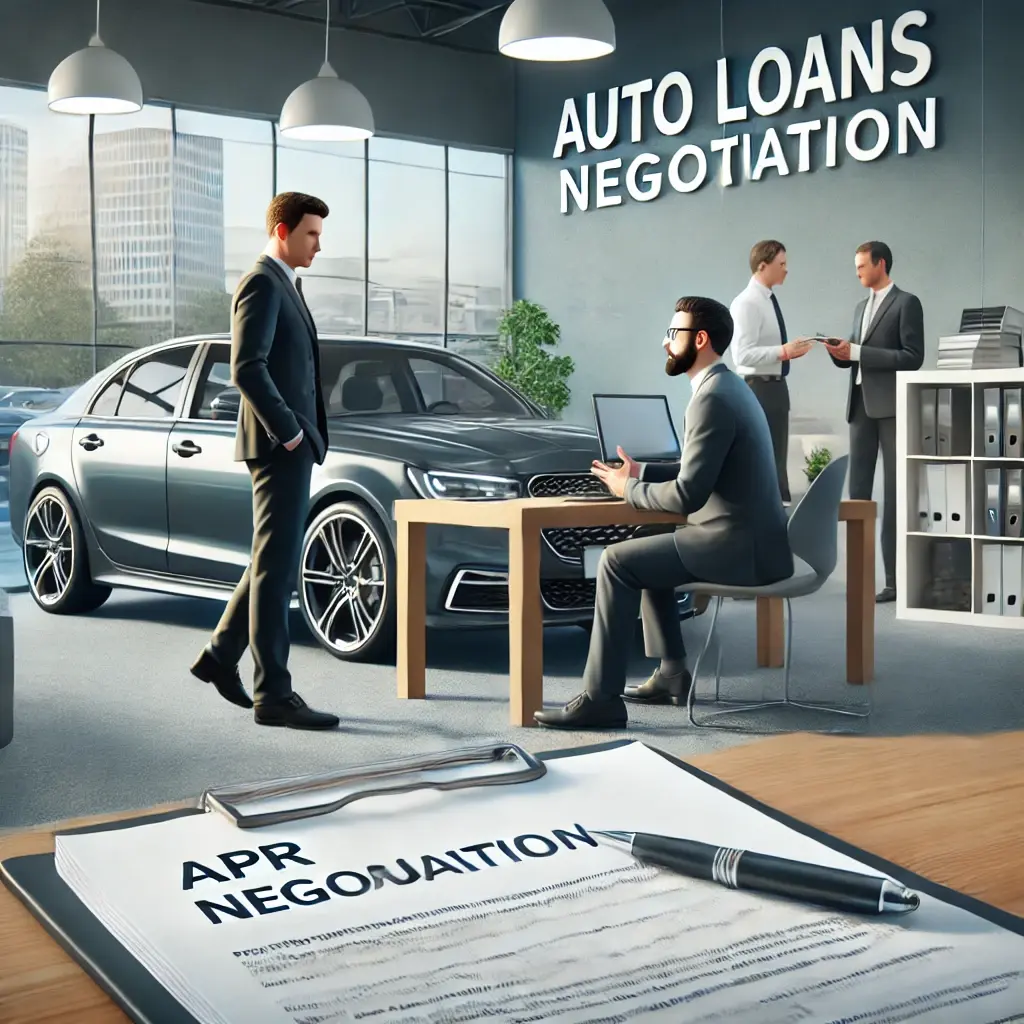Can I get a car loan with a charge-off? If you have a loan charge, it can affect your ability to get approval for an auto loan. A charged-off loan means the lender has given up trying to collect the debt, but you still owe the balance. It can also impact your credit report for up to seven years. However, some lenders may still consider offering you an auto loan, especially if you have a good track record of making auto loan payments after the charge-off.
Charge-Offs and Their Impact on Car Loans
Knowing a Loan Charge-Off and How Does It Affect Your Car Loan?
If you have a charge off loan, the lender writes it off as a loss, but it doesn’t mean the company forgives the debt. The lender may still try to collect the debt, and it could be sold to a debt collector. This can affect your credit score and make it harder to get approval for an auto loan in the future.
The Difference Between Charge-Offs and Repossession
A loan charge-off and repossession are two different things. A charge-off happens when the lender decides to stop trying to collect the debt but still expects you to pay it. A repossession occurs when the lender takes back the car due to missed auto loan payments.
How Car Loan Charge-Offs Can Impact Your Loan Approval

A car loan charge-off can damage your credit. When a charge-off auto loan appears on your credit report, it can make it hard to get approved for new loans. Lenders may hesitate to approve a loan due to the previous charge-off. If you want to get a secured auto loan, you must show that you can repay the loan.
Can You Get a Car Loan After a Charge-Off?
How Auto Lenders View Charge-Offs on Your Credit Report
Auto lenders may still approve you for a car loan even after a charge-off, but it depends on your situation. If you have worked out a payment plan and kept the loan current, some lenders might consider offering a secured auto loan. However, charge-offs can remain on your credit report and still damage your credit.
Is It Possible to Get a Car Loan with a Loan Charge-Off?
Yes, it is possible to get a car loan after a loan charge-off, but you must meet certain requirements. If you have paid off the debt or set up a payment plan, some lenders may offer an unsecured loan. Keep in mind that the charge-off can still affect your ability to get approval for a loan.
The Impact of Loan Charge-Offs on Getting a Car Loan
A loan charge-off can have a serious impact on your ability to get a new loan. When a lender charges off a loan, they consider it bad debt. This charge-off is listed on your credit report and can make it harder to get a car loan in the future. Lenders will see that you were responsible for the debt but failed to pay it off.
The Car Loan Charge-Off Process
When a Car Loan Is Charged-Off by Lenders What’s Next?
A lender decides that the debt is unlikely to be repaid when they charge off a loan. The lender may try to collect the debt or sell it to a debt buyer or collection agency. If your car is repossessed, the lender might try to get your car back, but the loan charge-off still stands.
How a Charged-Off Car Loan Affects Your Credit Score
A charged-off car loan will have a negative impact on your credit score. The auto loan charge is considered bad debt and can stay listed on your credit report for years. It can make it difficult to get approved for new loans or favorable loan terms. A charge-off can affect your credit, even if you later pay off the debt or settle it with a collection agency.
Next to Do if Your Car Loan Has Been Charged-Off
If your car loan has been charged off, you should first review your credit report. The charged-off loan can negatively affect your credit and damage your credit score. Remember, just because of charge off loan, does not mean the lender will forgive the debt .
Tips for Getting a Car Loan with a Charge-Off
How to Improve Your Chances of Getting a Car Loan After a Charge-Off
To improve your chances of getting a car loan after a charge-off, you need to review your credit and take action. Lenders often see a charged-off car loan as a red flag. The charge-off will negatively affect your credit and make it harder to get a car loan in the future. However, bringing the loan current or paying off the loan balance can help show lenders that you are taking responsibility for the debt. To better understand your repayment potential and plan your finances effectively, use our Loan Calculator to calculate monthly payments based on different loan terms and interest rates.
Working with Auto Lenders to Secure Loan Approval
When working with auto lenders to secure loan approval, be upfront about the charge-off. A charged-off loan does not mean you are no longer responsible for the debt. Lenders may look at your current financial situation to determine if you can handle a car loan in the future. You may need to show that you can bring the loan current or provide proof of a payment plan.
Options for Financing a Car After a Charge-Off or Repossession
- If a car loan charge-off occurs or your car is repossessed, you still have options to finance a car.
- You may qualify for an auto loan, but you may need to work with lenders who specialize in high-risk loans.
- These lenders may approve you for a loan, but the terms might not be ideal.
- Explore practical ways to secure financing despite credit challenges in our guide on Getting a Car Loan with Bad Credit, tailored for borrowers with unique financial circumstances.”
The Long-Term Effects of Car Loan Charge-Offs
How Long Do Charge-Offs Stay on Your Credit Report?

A car loan charge-off can stay on your credit report for up to seven years. During this time, the charge-off can continue to damage your credit score and affect your credit history. Even after the debt is charged or sold to a collection agency or debt buyer, it remains listed on your credit report.
How Charge-Offs Can Impact Future Loan Applications
A charge-off can have a significant impact on your future loan applications. Lenders will see the charge-off listed on your credit report, and it can damage your credit score. This damage can affect your ability to qualify for an auto loan or any other type of loan in the future. It’s important to note that even if you make efforts to repay the debt or work with a collection agency, the charge-off will still affect your chances of getting approved for loans in the near future.
Things You Can Do to Minimize the Damage of a Loan Charge-Off
If your loan is charged off, there are steps you can take to minimize the damage. You can try to work out a repayment plan with the lender to bring the loan current. If the lender owns the loan, they might be willing to settle the debt or offer a more affordable plan. This can help limit the negative impact on your credit.
Alternatives to Traditional Car Loans with Charge-Offs
Auto Loan Options from Lenders Who Specialize in Bad Credit
If you have a charge-off, you might struggle to get approval for a traditional car loan. However, you can still explore auto loan options from lenders who specialize in bad credit. These lenders offer secured auto loans that are easier to qualify for. They understand the challenges of charge-offs and might approve you for a loan despite your credit history.
Role of Credit Card Debt and Loan Charge-Offs in Your Auto Loan Application
When you apply for a car loan with a charge-off, lenders will look at all your debt, including credit card debt. If your credit history shows charge-offs from credit cards or other loans, it can affect your ability to get approval for an auto loan. Lenders might sell the debt to collection agencies or charge off the debt if payments aren’t made.
Other Ways to Get a Car Loan After a Charge-Off
- If you have a charge-off on your credit report, you can still look for ways to get a car loan.
- One option is applying for an unsecured car loan.
- This type of loan does not require collateral, but it might come with higher interest rates.
- Some lenders might be willing to approve you, even after a charge-off or a repossession, depending on your current financial situation and ability to repay the loan.
How to Manage a Loan Charge-Off
When Lenders Charge Off a Car Loan? What’s Next
When a lender charges off a car loan, it means they consider the debt as a loss. This happens when you miss payments for an extended period, and the lender decides the debt is uncollectible. After a charge-off, they might try to collect the debt, including car loans, through a collection agency.
How to Work with Lenders to Collect Payment on a Charge-Off
With a charge off loan, you can work with the lender to manage the debt. Lenders may offer you a payment plan to help you pay off the charge-off. It’s important to stay in contact with the lender and respond to any notices. You can still negotiate and set up a payment plan with a collection agency, including for car loan payments. If you’re managing a charge-off situation with a co-signer or joint borrower, learn how to navigate changes in your loan agreement by reading our article on How to Get Someone Off a Car Loan.
Paying Off Charge-Offs to Improve Your Credit Score
Paying off a charge-off can help improve your credit score. In case of a charge off car loan is , it negatively affects your credit. By negotiating a payment plan and paying off the debt, you can show lenders that you are responsible. A charge-off auto debt will remain on your credit report for seven years, but clearing it can help improve your score over time.
Suggestions for Specific Subtopics
How Charge-Offs Affect Your Ability to Get a Car Loan
A charge-off can make it harder to get a car loan. When a loan is charged off, it appears on your credit report. Lenders may see this as a sign that you were not able to manage previous car loan payments. This can make them hesitate to approve you for a new loan, especially if you have a charge off auto on your record.
Steps to Take After Your Car Loan Has Been Charged Off
- After your car loan is charged off, you should take immediate steps to manage the debt.
- First, review your credit report for seven years to determine if it lists the charge-off.
- Then, try to negotiate with the lender or collection agency to make payments.
- You can still pay off the loan or set up a payment plan by working with the lender, even if the loan is charged off.
Factors to Expect During the Car Loan Charge-Off Process
- When lenders decide to charge off your car loan, they may try to collect the debt through a collection agency.
- The car could be repossessed if you fail to make payments.
- Once the loan is no longer active, the lender might sell the debt to a debt buyer.
- The charge-off will appear on your credit report, and this can significantly impact your credit score.
How Credit Bureaus Handle Charge-Offs on Your Credit Report
Credit bureaus report charge-offs as part of your credit history. When a lender decides to charge off your car loan, they send the information to the credit bureaus. This marks your loan as unpaid and can damage your credit score. The charge-off will remain on your credit report for up to seven years, affecting your credit score also.
The Pros and Cons of Financing a Car After a Charge-Off
- Financing a car after a charge-off has both pros and cons.
- On the positive side, you can get a new car loan even if you had a previous charge-off.
- However, the charge-off may lead to higher interest rates because of the impact on your credit score.
- Lenders might decide to charge higher rates or require a larger down payment.
Final Thoughts:
Getting a car loan with a charge-off on your credit report is possible, but it can be challenging. A charge-off indicates a history of missed payments, which can negatively impact your credit score. However, with the right steps, such as improving your credit, providing a larger down payment, or working with lenders who specialize in bad credit, you may still get approval.
FAQ’s
Can I get approval for a car loan if I have a charge-off on my credit report?
Yes, you can still get approval for a car loan even with a charge-off. However, lenders may impose stricter requirements and higher interest rates due to the negative impact on your credit score.
How long does a charge-off stay on my credit report?
A charge-off will remain on your credit report for up to seven years. During this time, it can negatively affect your credit score, making it more difficult to qualify for loans or get favorable terms.
Can I negotiate my charge-off debt with the lender before applying for a car loan?
Yes, you can try to negotiate your charge-off debt with the lender or collection agency before applying for a new loan. Settling the debt or making a payment arrangement can help improve your credit and increase your chances of securing a car loan.



